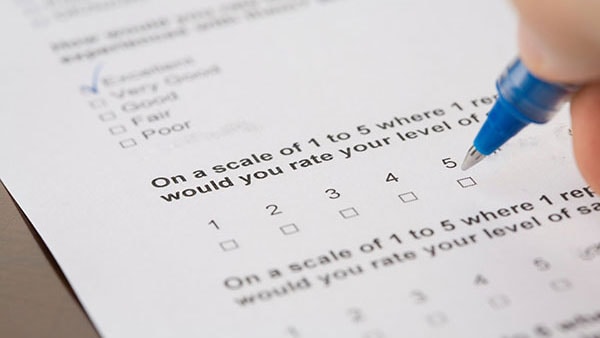At a glance
Different surveys measure people’s literacy, numeracy, and health literacy skills and their experiences with healthcare. You can use these studies for ideas about research and evaluation questions or as benchmarks for your own results.

Survey of adults' literacy and numeracy skills
The Programme for the International Assessment of Adult Competencies (PIAAC) – This study is an international survey conducted in 24 countries as part of the Programme for the International Assessment of Adult Competencies. It assesses literacy and numeracy skills and the ability to solve problems in technology-rich environments.
National Assessment of Adult Literacy (NAAL) – The NAAL is a nationally representative assessment of English literacy among American adults age 16 and older. Sponsored by the National Center for Education Statistics (NCES), the NAAL is the nation's most comprehensive measure of adult literacy. The Health Literacy Component of the NAAL introduces the first-ever national assessment of adults' ability to use literacy skills with health-related materials and forms.
Survey of K-12 literacy, numeracy and science skills
The National Assessment of Educational Progress (NAEP) is the largest nationally representative and continuing assessment of what America's students know and can do in various subject areas, including reading, math and science. Although these data are not specific to health literacy, the results provide reliable assessments of the underlying skills for health literacy in the school-aged population.
Patient experience survey
Consumer Assessment of Healthcare Providers and Systems (CAHPS) Questionnaire - The CAHPS Consortium has developed a supplemental set of questions for the CAHPS Clinician & Group Survey that focuses on assessing providers' activities to foster and improve the health literacy of patients. While health literacy depends in part on individuals' skills, it also depends on the complexity of health information and how it is communicated. The primary goal of the CAHPS Item Set for Addressing Health Literacy is to measure the patients' perspective on how well health information is communicated to them by health care professionals over a six-month period.
Measures of individuals' health literacy
AHRQ Health Literacy Measurement ToolsAHRQ-funded researchers have developed a variety of tools to measure an aspect of health literacy—individuals' reading comprehension in a medical context. The tools help assess health literacy in people who speak English and Spanish, the most frequently spoken languages in the United States.
Health Literacy Tool ShedThe Health Literacy Tool Shed is an online database of health literacy measures, including their psychometric properties. Communicate Health, Boston University, and RTI International developed the database based on a review of the peer-reviewed literature. Funding for the database is provided by the National Institutes of Health's National Library of Medicine.
